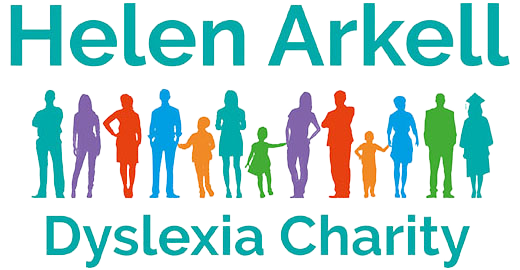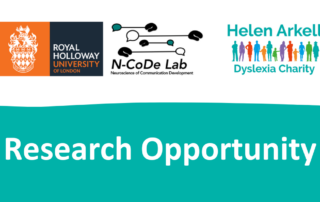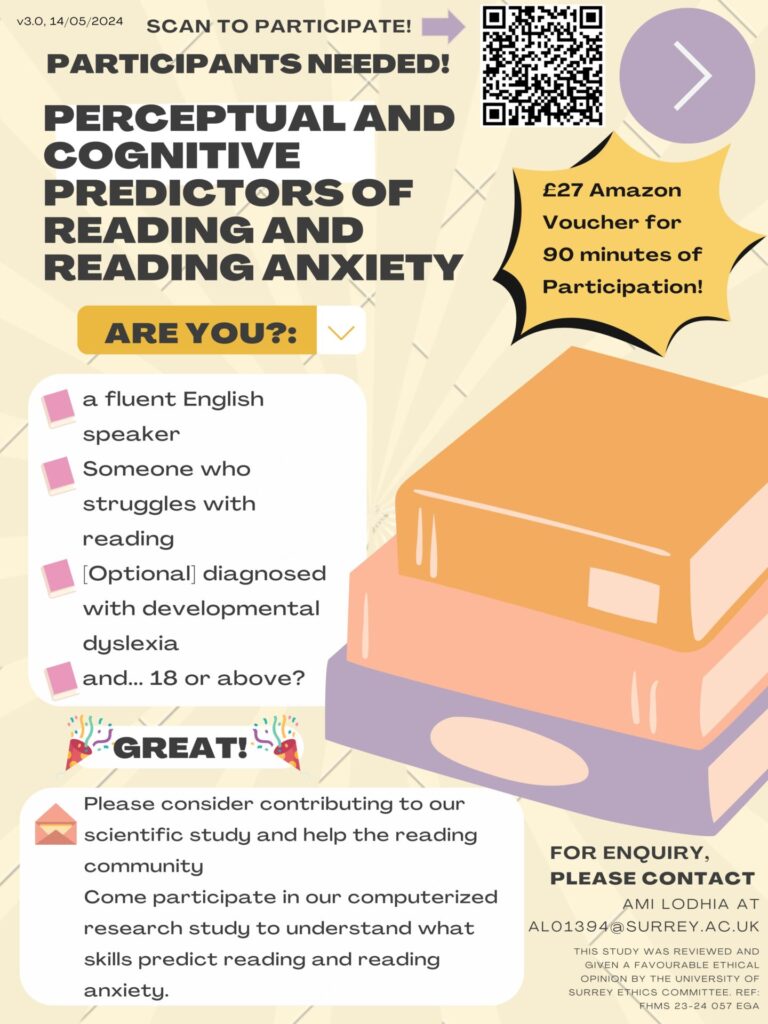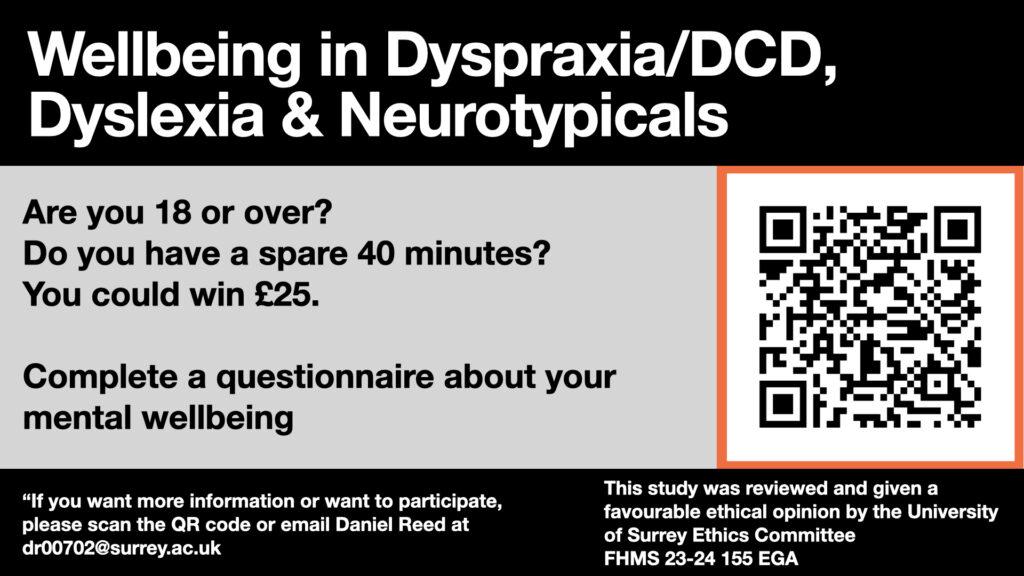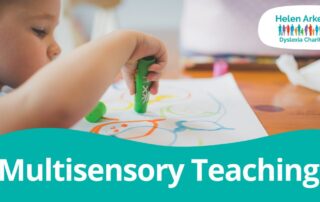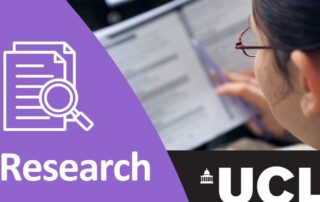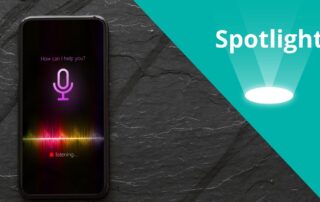News on research being conducted in the special educational needs sector to take part in as well as research findings in dyslexia and other specific learning differences.
Exploring Reading Experiences in Neurodivergent Adults
An Invitation to Participate in Research
The Neuroscience of Communication Development Lab (N-CoDe Lab) at Royal Holloway, University of London, is excited to announce a new research project focusing on the reading experiences of neurodivergent adults. This research focuses on understanding how the experience of reading grows and changes throughout life, particularly in individuals with a diagnosis of autism, Developmental Language Disorder, and/or dyslexia.
Who are they looking for?
- Adults aged 21-30
- With a formal diagnosis of autism, DLD, and/or dyslexia
- A history of challenges with reading during childhood
- Raised speaking English in the UK
Please note they are not including individuals without a diagnosis or reading difficulties.
This criteria has been carefully selected to ensure they can accurately explore the nuanced ways in which specific neurodivergent profiles impact the relationship with reading, motivation, and support systems over time.
What Should I Expect?
If you wish you participate, you will begin by completing a short questionnaire, which should take approximately 30 minutes. This can be done online, via email, or over the phone. Should you meet the eligibility criteria, you will then be invited to participate in a one-hour online interview. The interview will delve deeper into your reading experiences, focusing on your personal journey and any changes in motivation and support over the years.
How Can I Participate?
If you are interested you can access an information pack, which includes a video information sheet and an easy-to-read version, and complete the initial questionnaire by visiting this link. This is an opportunity to share your unique experiences and contribute to a better understanding of how neurodivergence influences reading and motivation.
For more information or if you have any questions, please do not hesitate to contact Hannah Jones at hannah.jones.2020@rhul.ac.uk or the N-CoDe Lab at ncodelab@rhul.ac.uk.
